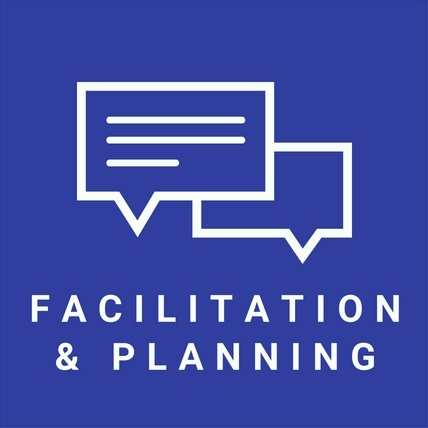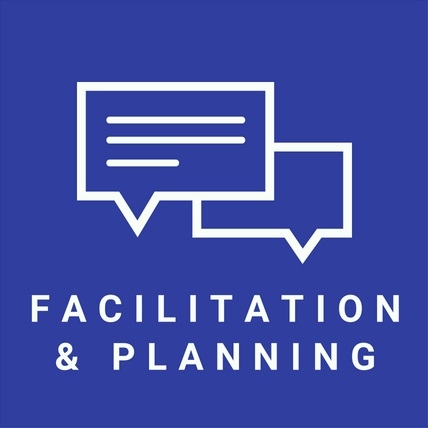Projects
CCBR typically has 15-20 ongoing projects and has completed over 500 projects since 1982. Each project is guided by our commitment to impacting social change in practical and powerful ways. We conduct research with people not on people, cultivating respect with communities at every step of the process.
Projects can be searched for using words from the project title or using the service area, theme, or date range for the project. You can also type 'Service Area' or 'Theme' into the search bar to get a list of options in each of these fields.
Projects
CCBR conduced an evaluation of the Hate Crime Prevention Project, a new initiative launched by the Kitchener-Waterloo Multicultural Centre (KWMC). The purpose of the evaluation was to identify project implementation strengths and challenges, measure outcomes, and provide a summary of lessons learned. Main methods included document review, participant observation, analysis of evaluation forms, and an online survey.
CCBR provided a quantitative and qualitative review of the scope of predatory lending practices in London and Middlesex County. The study provided information about payday lenders and payday borrowers, education about payday loans, and future implications using a variety of research methods. The study was funded by United Way of London & Middlesex.
This project's purpose was to understand and clarify the Ottawa Heart Model and the Lunch and Learn program of smoking cessation that was developed amongst a range of partners within Grey and Bruce and to build an evaluation framework for each program. This project was funded by Keystone Child, Youth & Family Services.
CCBR conducted an evaluation of the Citizenship and Immigration Canada Settlement Interpreter Curriculum Project run by the Kitchener-Waterloo Multicultural Centre (KWMC) and partners. The main objectives were to 1) assess the impact of workshops on interpreters, 2) assess user-friendliness for instructors, and 3) evaluate project management.
CCBR conducted an online survey to see the extent to which Waterloo Region Immigrant Employment Network (WRIEN) had influenced the hiring practices of employers in the region. The survey also sought information about future needs of employers and the role of WRIEN, noting the integration of WRIEN into immigrant partnership projects.
CCBR conducted an evaluation of the World Vision Canada’s Free Form Program. The purpose of the evaluation was to describe and understand the activities (processes) and short-term impacts (outcomes) of the program. The evaluation determined the extent to which the program was successful in building the organizational capacity of participating organizations and made recommendations.
This project was an outcome evaluation of World Vision Canadas’ Partners to End Child Poverty (PECP) program designed to develop national strategies with community-based organizations (54 across Canada) to advance the well-being of children, their families, and the communities in which they live.
CCBR started teaching the Community Engagement and Social Development course (ISS 450R/SOC 768) for Renison University College in 2010. It highlights the importance of community member participation in matters related to their well-being and methods to encourage community involvement. Students also learn about the role that effective leadership plays in creating and sustaining social innovation.
The purpose of this project was to conduct an evaluation of the Immigrant and Voice project in order to assess the progress that the project has made in achieving its desired outcomes. The evaluation involved designing data collection tools and building capacity of the project staff in using those tools. The evaluation was funded by Focus for Ethnic Women.
CCBR collaborated with Echo: Improving Women’s Health in Ontario to facilitate an engagement process and mobilize knowledge from community-based initiatives designed to increase cancer screening for women. The engagement process supported reflection on practice and the creation of a shared vision of system change, designed to lead to stronger and more effective cancer screening policies and practices across Ontario.
CCBR collaborated with Echo: Improving Women’s Health in Ontario to facilitate an engagement process and mobilize knowledge from community-based initiatives designed to support smoking cessation during and after pregnancy. This process led to the development of a shared vision for system change and stronger and more effective smoking cessation policies for pregnant and post-partum women across Ontario.
CCBR worked with the First United Church in Waterloo to evaluate their senior’s outreach nutrition program. The program aimed to improve knowledge around healthy eating and meal preparation, social support, and independent living for seniors in a church community. Activities included a community kitchen and a lunch buddies program.












